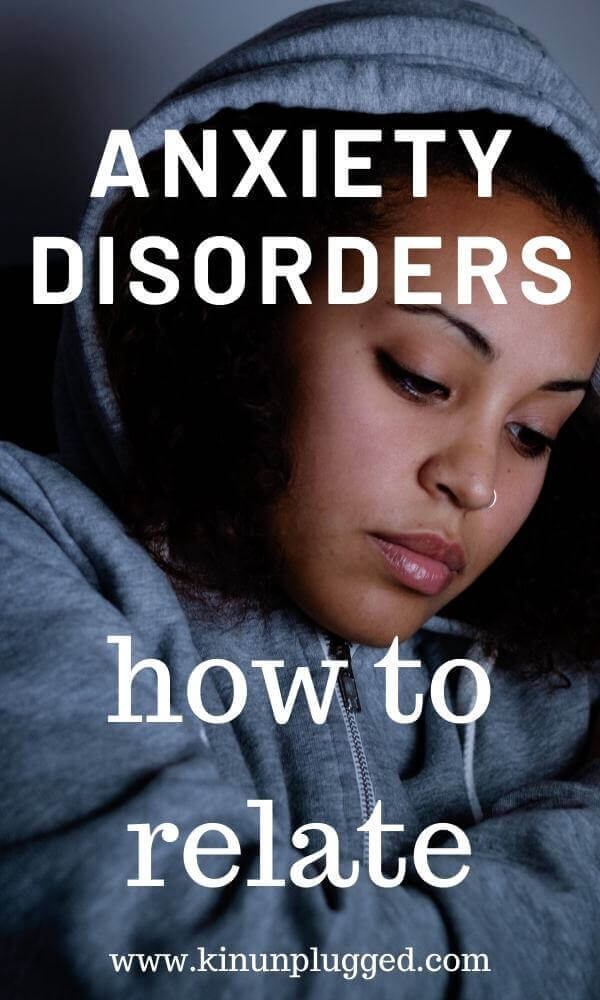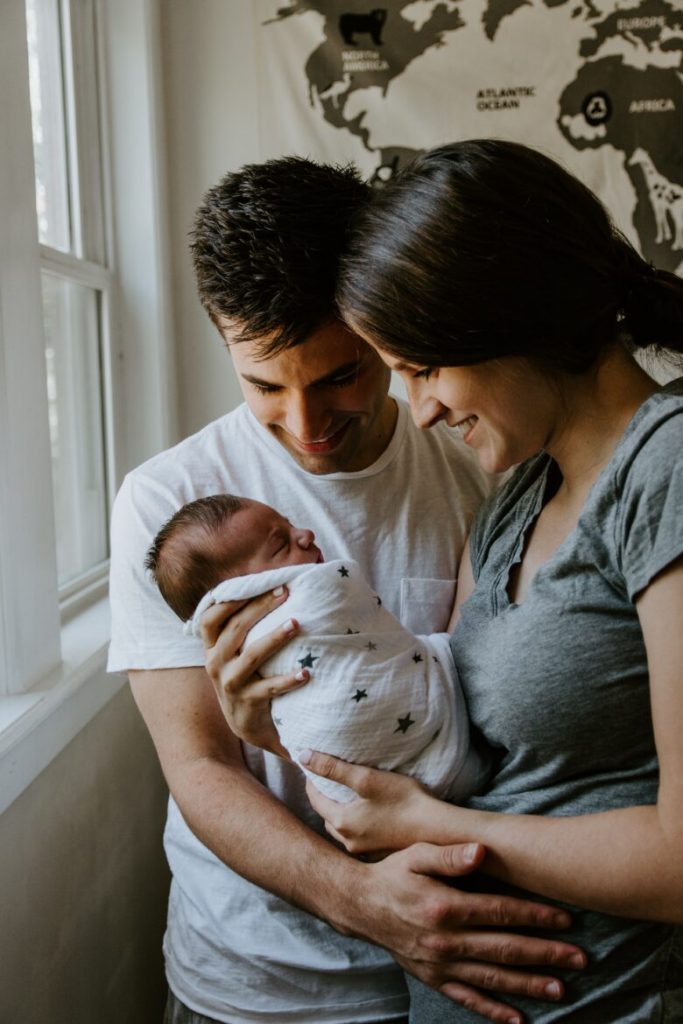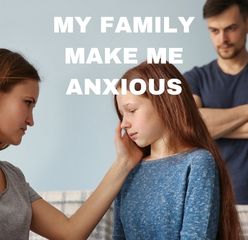Whether it’s your husband, sister, son or cousin, here are a few things you should keep in mind when dealing with a person who has an anxiety disorder.
Here are 6 things to bear in mind when you’re interacting with someone who has anxiety.

How to relate with someone with an anxiety disorder
1. Don’t tell them “you’re over-” anything
Overreacting. Overexcited. Overwhelmed. Don’t try to communicate to them that the emotions that they’re feeling are exaggerated or more extreme than you think they should be.
2. Listen without interrupting
Allow them to get their thoughts out. Even if it takes a long time. Try not to interrupt or fill in any gaps where they’re trying to choose their words. Give them time to think through their thoughts as they speak and when they finish, make sure they know that you understand what they’ve said.

3. Don’t pressure or force them into social situations
If they say they don’t want to go that party or even that meeting in two weeks, don’t attempt to force them into it. If they don’t want to meet up for drinks, don’t ask them why they’re being boring or let them know that they’ll feel left out. Don’t try to change their mind.
4. Don’t flippantly tell them to relax, breathe or calm down
It’s likely to have the exact opposite effect. They will either freak out completely or shut down and never express their feelings to you again.
5. Never think you can fix them
It’s not your job and trying might make things worse. Do some research into a professional they could speak to if they want but don’t push them too hard to see someone either.

6. Don’t allow them to attack you…and never assume you’re the reason for an anxiety attack
If you happen to be around when the person has an anxiety attack, don’t assume it’s something you did or said. It could be. But don’t assume it. And if they choose to verbally or physically take their emotions out on you, don’t feel obliged to take it. You’re human with feelings too. That doesn’t mean you should try to hurt them back. It means you could try to exit the situation as gently as possible.
Got any tips for relating to people with anxiety disorders?






14 Comments
Thank you for this helpful insight and tips! I have a few friends who deal with anxiety and try my best to be patient, encouraging and attentive to their needs.
http://www.madisontaylor.co
Thank you for the tips. I will have to keep this in mind when dealing with those that I know have anxiety.
Great insights about treating someone with anxiety. These all are practical things that need to be implemented before treating the patient
PERFECT! As someone who has anxiety myself, I literally just need someone to be there but be SILENT! lol. Don’t try and “fix” me. Don’t try and tell me to “just calm down.” Etc. Unless I ask for specific advice, just.be.SILENT! haha! Kidding….kinda. 😉
Great tips! Awesome post!
I can relate with the blog as my husband is a patient of VM combined with depression and anxiety.
Great tips.. if only more people keep that in mind while dealing with a person who has anxiety.. the world would be a better place
Very good tips. It is not easy seeing someone that is anxious or having an anxiety attack. I’ve had them and they are real, and you’re right, just telling them to calm down can actually make them feel worse.
I’ve found with my husband that just sitting with him helps him. Also if we are going out and suddenly he senses an attack is about to happen, reassure it’s ok to turn back and not attend a function or outing.
These tips are great! It’s nice to be understood!
YES! My husband and I have this conversation all the time. You made some really great points!
Postpartum anxiety warrior here. You were spot on with the tips of telling someone they are overreacting or to calm down. It does NOT help the situation. I was lucky enough to have some supportive friends and family members who knew how to listen intently without jumping in to evaluate.
Great post and thanks for linking to one of mine!
Thanks! And you’re welcome (Pooja, I assume :))
Very informative – thank you for sharing!